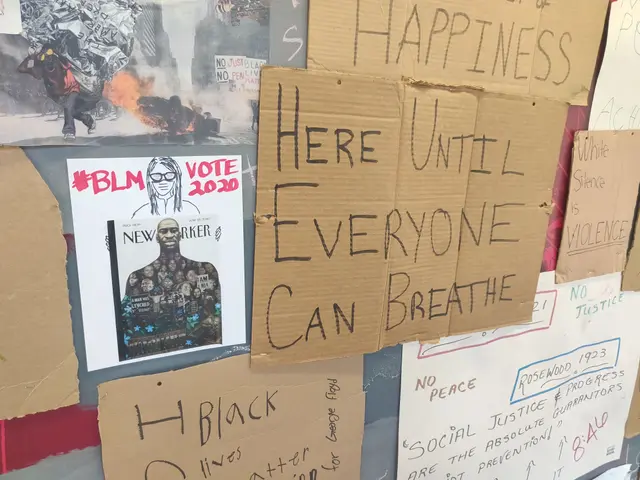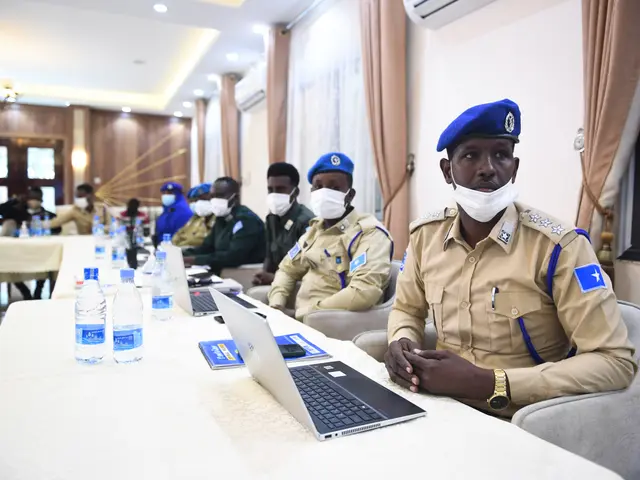Individuals of Portuguese descent experienced worsened sleep quality during the pandemic period.
In the midst of protracted crises, such as the COVID-19 pandemic and the Russo-Ukrainian war, sleep has emerged as a critical barometer of collective psychological distress. A study conducted by researchers at Portugal's Instituto Superior Miguel Torga suggests that these crises have led to an increase in sleep disorders, more frequent remembrance, and intensified nightmares.
The study, titled "Sleep Patterns and Crisis-Related Dreams During the COVID-19 Pandemic and the Russo-Ukrainian War," published in March 2024, illustrates this trend. Professor Joana Proenca Becker, a co-author of the study, shares that among a sample of 1,700 participants, the most frequently identified emotions were fear, anxiety, and guilt.
Anxiety levels were higher during the pandemic, given its direct impact on the Portuguese population. The war, on the other hand, was more vicarious, causing some financial insecurity and stress, according to Becker. Nightmares, she explains, offer not just a reflection of fear and anxiety but also reveal unconscious strategies for emotional processing in the face of collective suffering.
Study lead author, Henrique Testa Vicente, indicated that modern societies tend to undervalue the impact of major experiences on the most intimate and subjective rhythms of individuals. Such subjective territories, such as sleep and dreams, provide valuable insights into an individual's emotional state and the way they process their experiences, consciously or unconsciously.
In the context of the war, the Portuguese participants reported higher levels of sadness, anger, and physical discomfort, such as pain, cold, or paralysis. The findings underscore the profound emotional impact, even on populations not directly involved in the conflict. As Becker notes, identifying these manifestations helps understand the impact and where urgent intervention from a mental health perspective is needed.
The study investigated various aspects, including sleep duration, sleep latency, nighttime awakenings, daytime sleepiness, sleep quality, and dream and nightmare recall frequency. The emotional and sensory dimensions of dreams provide an alternative perspective on the subconscious or unconscious processing of these world events, according to the researchers.
They emphasized that the psychological and psychosocial impact of collective crises often surpasses our imagination. In the wake of such crises, promoting good sleep hygiene, creating spaces for emotional listening, and reinforcing psychological support should be strategic priorities during periods of instability, they concluded.
- The researchers' study suggests that the psychological effects of crises such as the COVID-19 pandemic and the Russo-Ukrainian war have expanded into various aspects of life, even impacting sleep patterns and mental health, as evidenced by increased sleep disorders, strange dreams, and heightened distress.
- Recognizing the profound emotional impact of such crises, the study's authors suggest that fostering good sleep hygiene, facilitating emotional discussions, and increasing psychological support are crucial strategies for maintaining health-and-wellness, as they could serve as effective interventions for the management of emerging mental health issues stemming from the stresses of these events.







